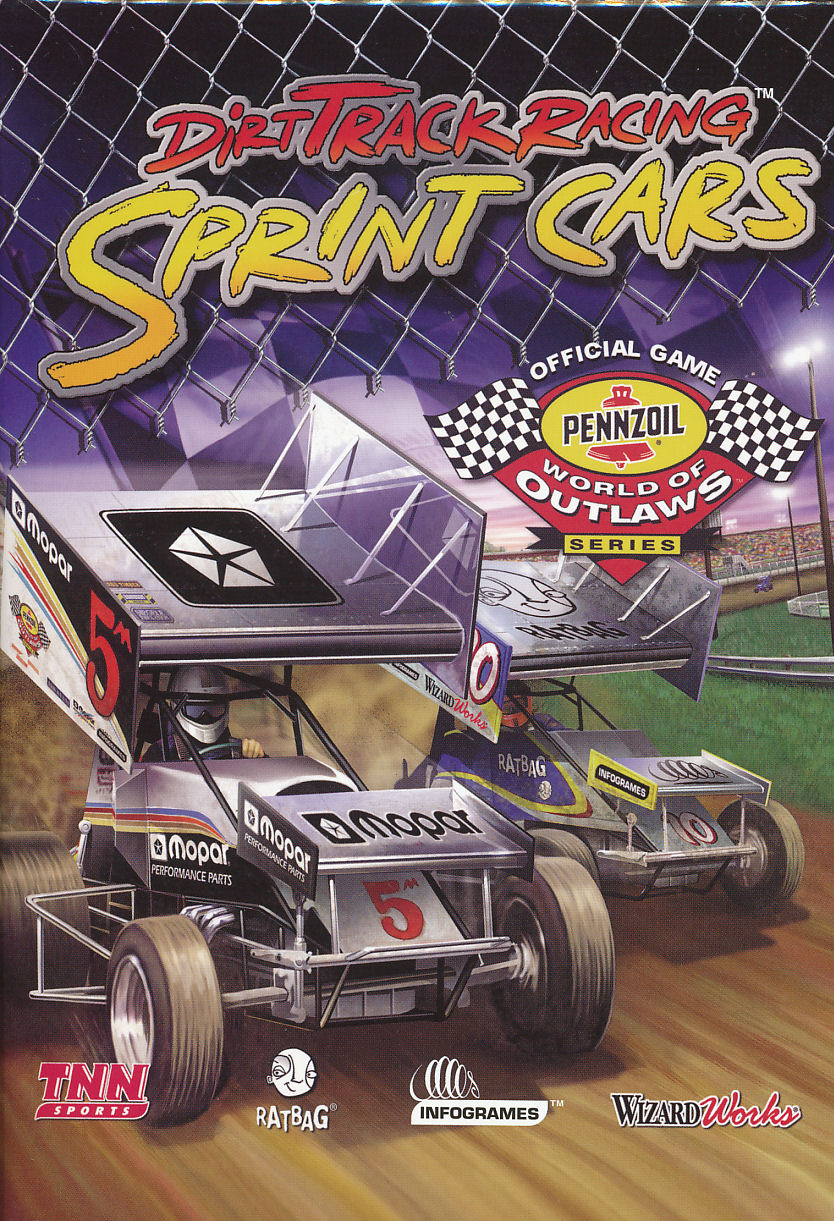

By the 1960s, advancements in two-stroke engine technology meant that the heavier, four-stroke machines were relegated to niche competitions. Stars of the day included BSA works riders Jeff Smith and Arthur Lampkin, with Dave Bickers, Joe Johnson and Norman Brown on Greeves. Companies such as Husqvarna from Sweden, CZ from the former Czechoslovakia and Greeves from England, became popular due to their lightness and agility.

It was in the smaller 250 cc category that companies with two-stroke motorcycles came into their own. In 1962, a 250 cc world championship was created. In 1957 it was upgraded to World Championship status. In 1952, the FIM, motorcycling's international governing body, created an individual European Championship using a 500 cc engine displacement formula. BSA riders dominated international competitions throughout the 1940s. The period after World War II was dominated by BSA which had become the largest motorcycle company in the world. Rigid frames gave way to suspensions by the early 1930s, and swinging fork rear suspension appeared by the early 1950s, several years before it was incorporated on the majority of production street bikes. The intense competition over rugged terrain led to technical improvements in motorcycles. Off-road bikes from that era differed little from those used on the street. During the 1930s, the sport grew in popularity, especially in Britain where teams from the Birmingham Small Arms Company (BSA), Norton, Matchless, Rudge, and AJS competed in the events. The first known scramble race took place at Camberley, Surrey in 1924. Originally known as scrambles racing in the United Kingdom, as the sport grew in popularity, the competitions became known internationally as motocross racing, by combining the French word for motorcycle, motocyclette, or moto for short, into a portmanteau with "cross country". When delicate balancing and strict scoring of trials were dispensed with in favour of a race to be the fastest rider to the finish, it was called scrambles, said to have originated in the phrase, "a rare old scramble" describing one such early race.
Dirt bike race game trial#
from motorcycle trials competitions, such as the Auto-Cycle Clubs's first quarterly trial in 1909 and the Scottish Six Days Trial that began in 1912.


 0 kommentar(er)
0 kommentar(er)
